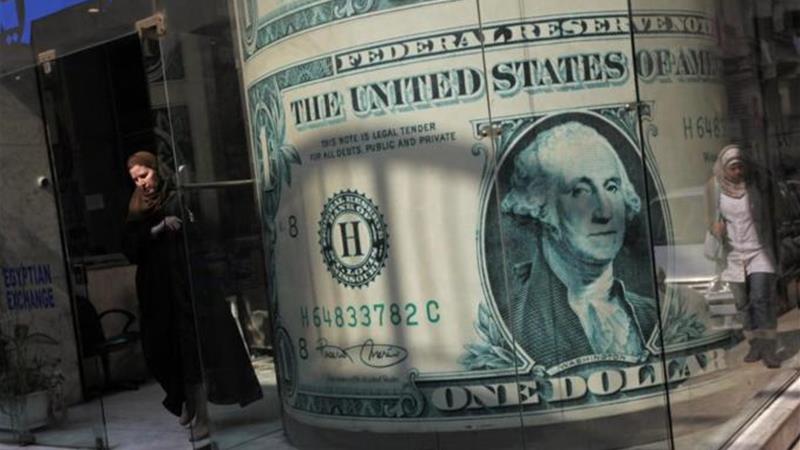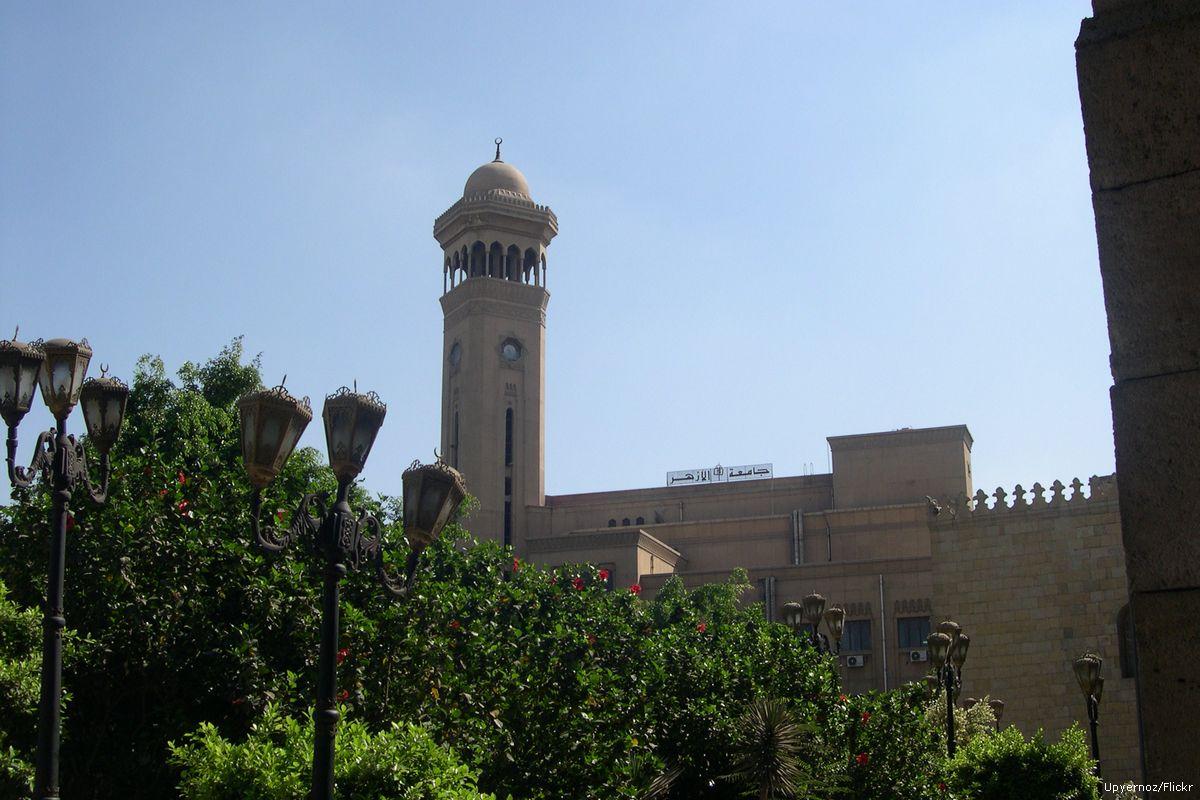
Recent regional tensions have impacted the US dollar exchange rate against the Egyptian pound, which witnessed a recent increase sometimes exceeding LE49 pounds per one dollar, experts told Al-Masry Al-Youm.
This came at around the time Egypt received the third tranche of the International Monetary Fund (IMF) loan, which exceeded approximately US$800 million.
Professor of economic risk management Ahmed Shawky said that there are three main reasons behind the increase, including regional tensions and waiting for the military response Iran threatened to take since the assassination of Hamas leader Ismail Haniyeh in Tehran.
Shawky added that this also coincides with the increase in demand to pay off the debts owed by Egypt during the recent period, another prominent reason behind the increase in the US dollar exchange rate.
According to the head of the Importers Division at the Federation of Egyptian Chambers of Commerce (FEDCOC), Matta Beshai, there has been a reservation among importers regarding the dollar recently due to fears over regional instability.
He explained that this has prompted a large number of importers to reduce spending in US dollars and move to reduce costs in all possible ways, fearing an explosion of the regional situation in light of Iran’s threats and the possibility of an Israel-Lebanon war breaking out.
Banks are operating normally and dollars are being disbursed to importers as usual after the Ras al-Hikma deal, Beshai said, which helped bring in wide financial flows within the historic investment agreement that reached $35 billion, most of which Egypt obtained in cash from the Emirati side.
The main reason for the rise in the US dollar price in banks are regional tensions, he said, which led to clear fears among investors and the exit of some hot money from Egypt.
He assured that the state is operating as usual and handling the crisis efficiently.
Hot Money Outflow
According to stock exchange data reviewed by Al-Masry Al-Youm, there were large sales by foreigners in Egyptian treasury bills on Thursday, following the international political unrest and the assassination of Haniyeh in Tehran, in addition to the Israeli army’s announcement on liquidating the leader of the military wing of Hamas, Mohammed Deif, in an airstrike in Khan Yunis inside Gaza Strip.
The stock exchange witnessed the sale of treasury bills by foreign investors, as their transactions recorded a net sale of $297 million.
The Economic newsletter “Enterprise” published data stating that foreign investors exited about four billion dollars from Egyptian treasury bills during June.
Economic expert Mohamed Abdel-Moaty believes that the recent rise in the US dollar exchange rate is being influenced by the outflow of hot money from Egypt, impacted by regional instability.
The more tense the situation in the region is, the more Egypt is negatively impacted, he noted.
Other reasons are related to the decline in Suez Canal revenues due to the regional war in the Red Sea, the expert added, which President Abdel Fattah al-Sisi has referred to several time, while Prime Minister Mostafa Madbouly also referred to a significant decline in the canal’s revenues.
Edited translation from Al-Masry Al-Youm




